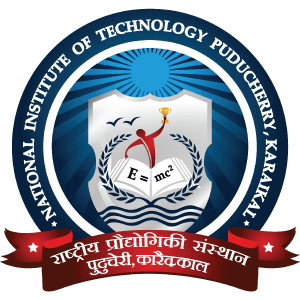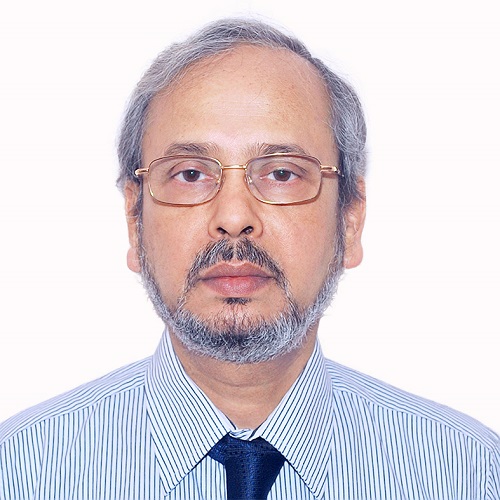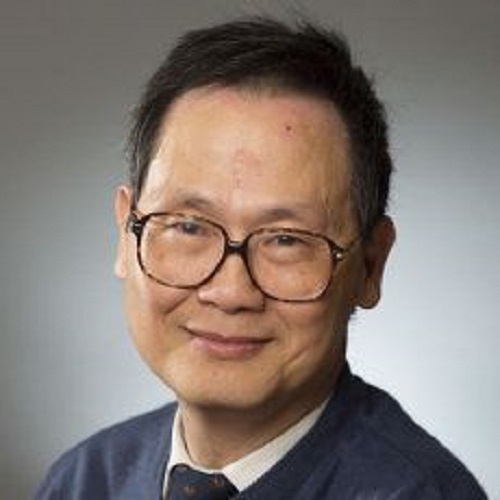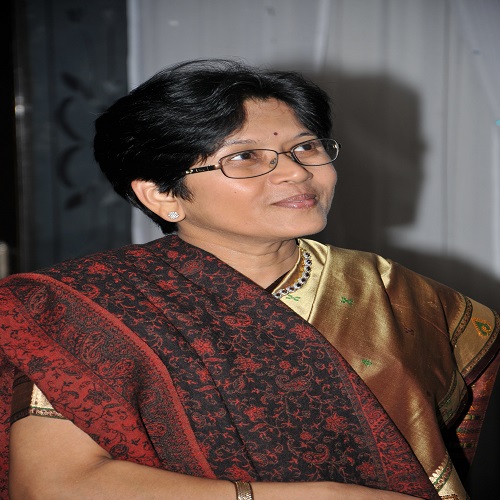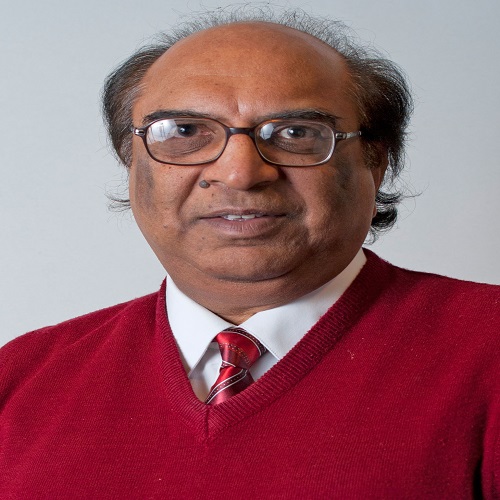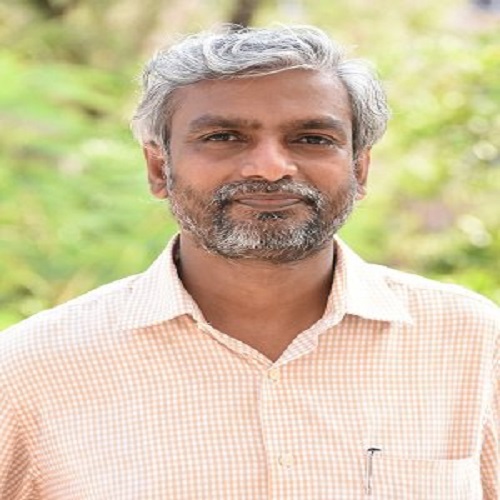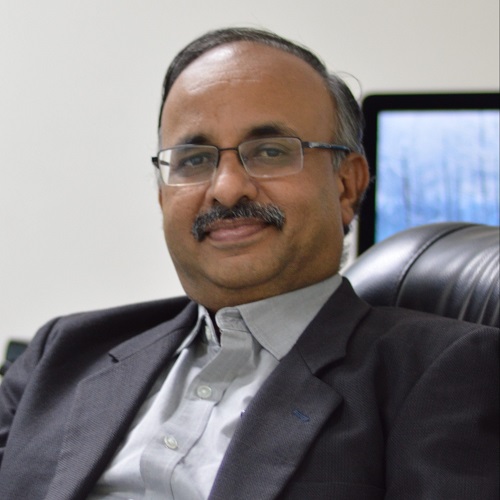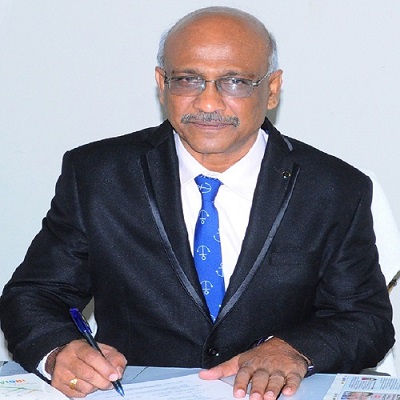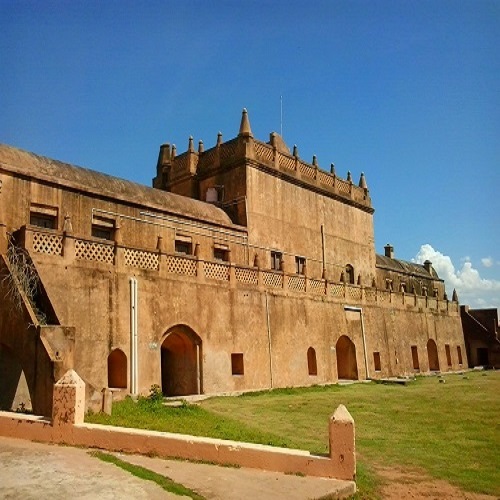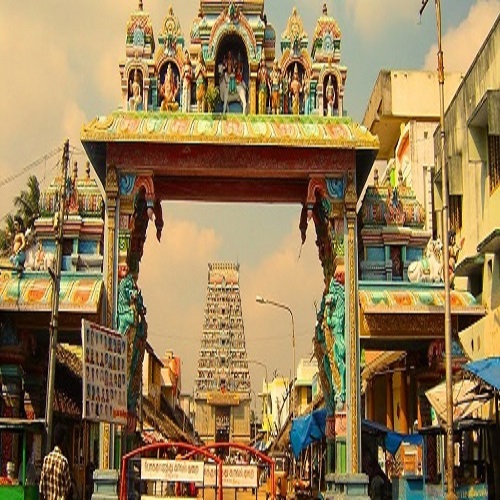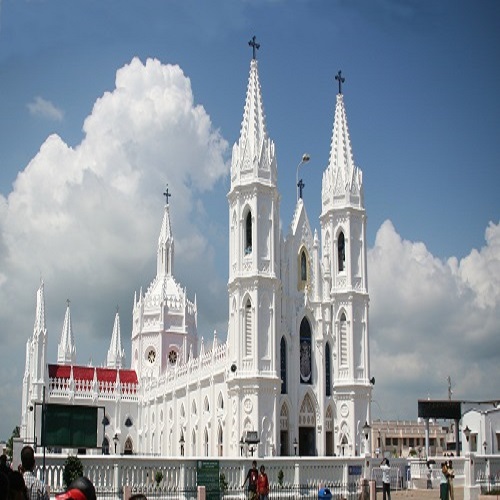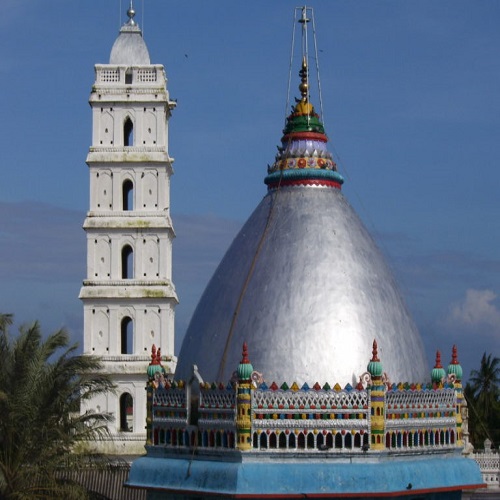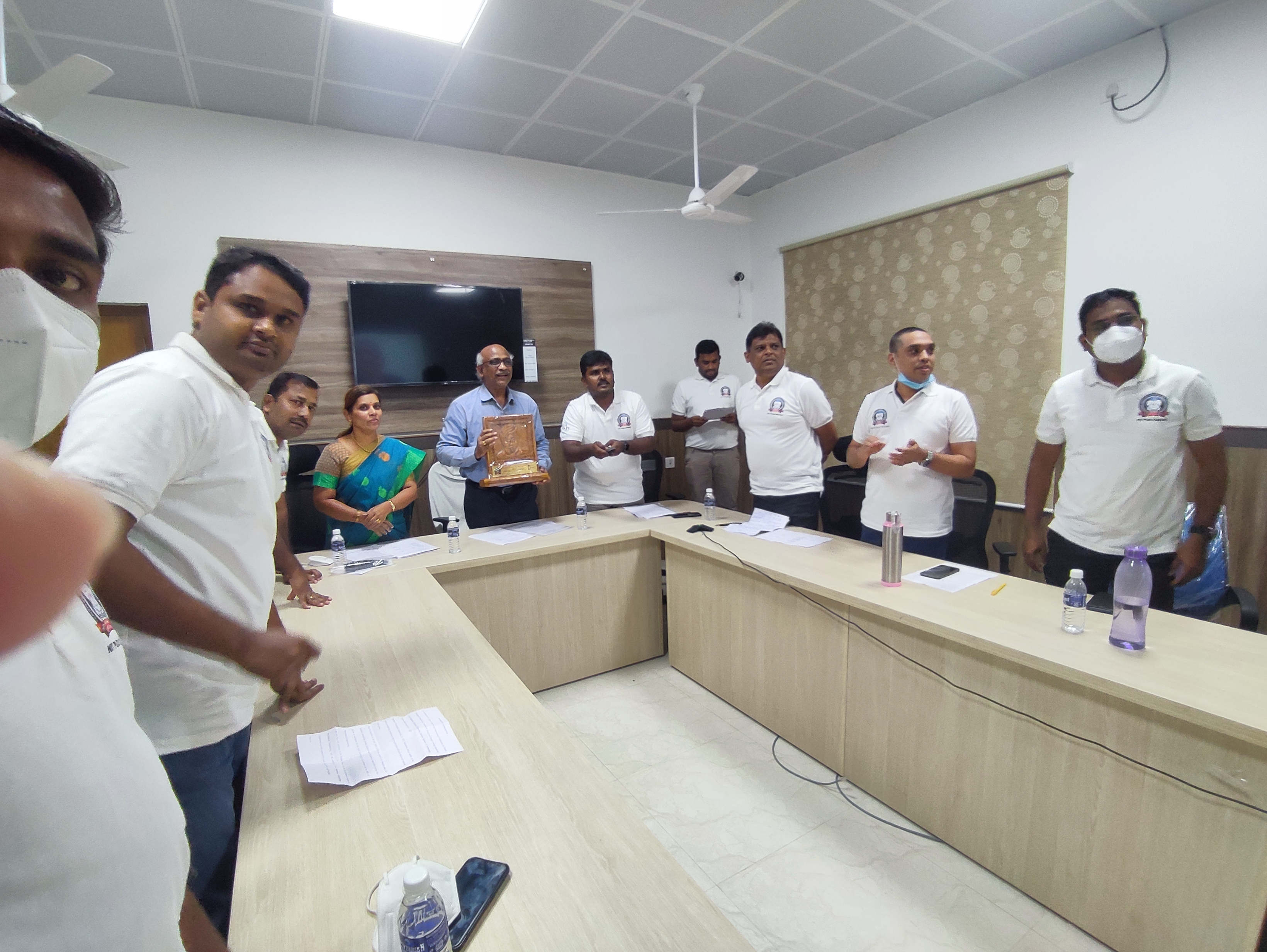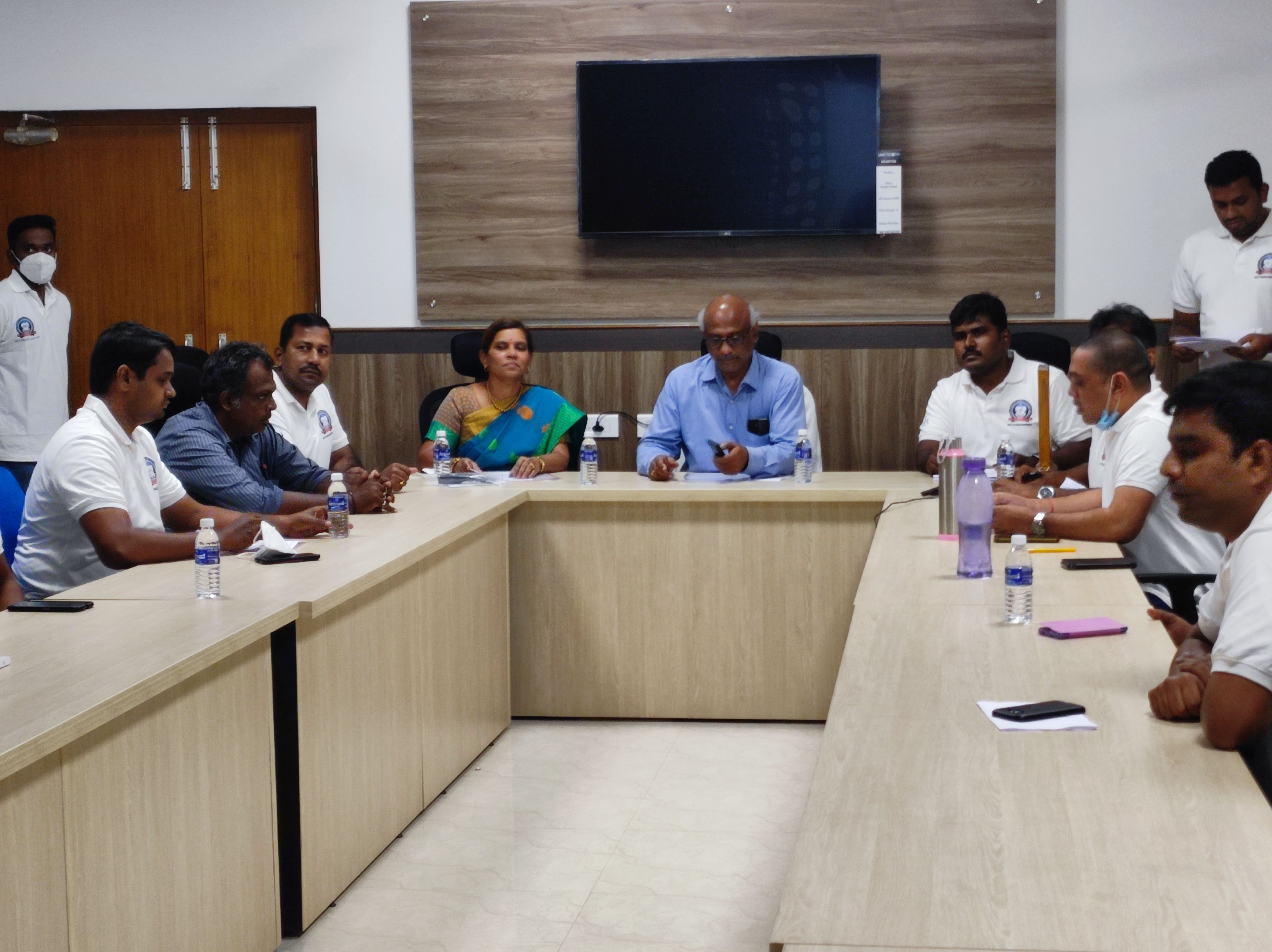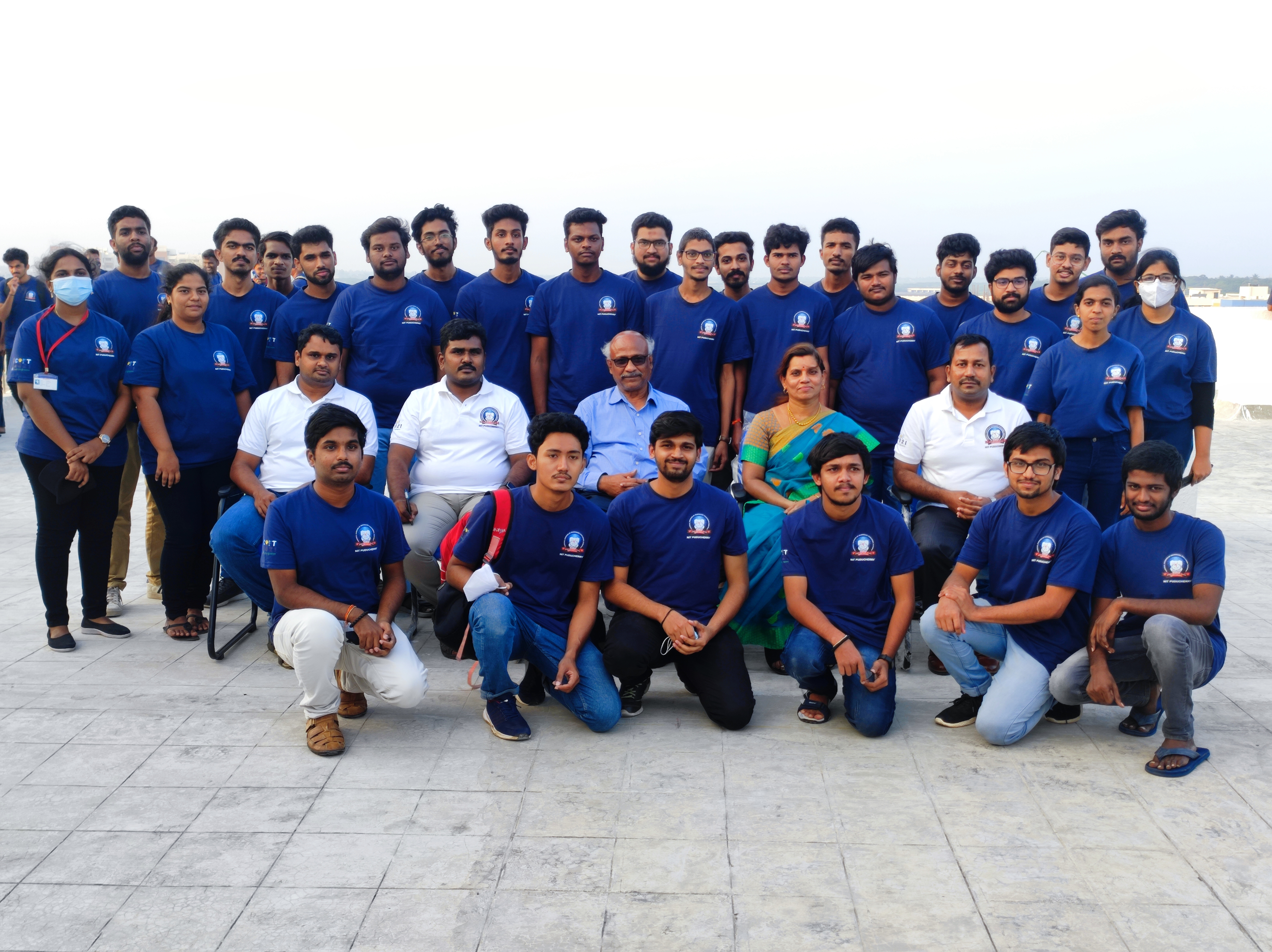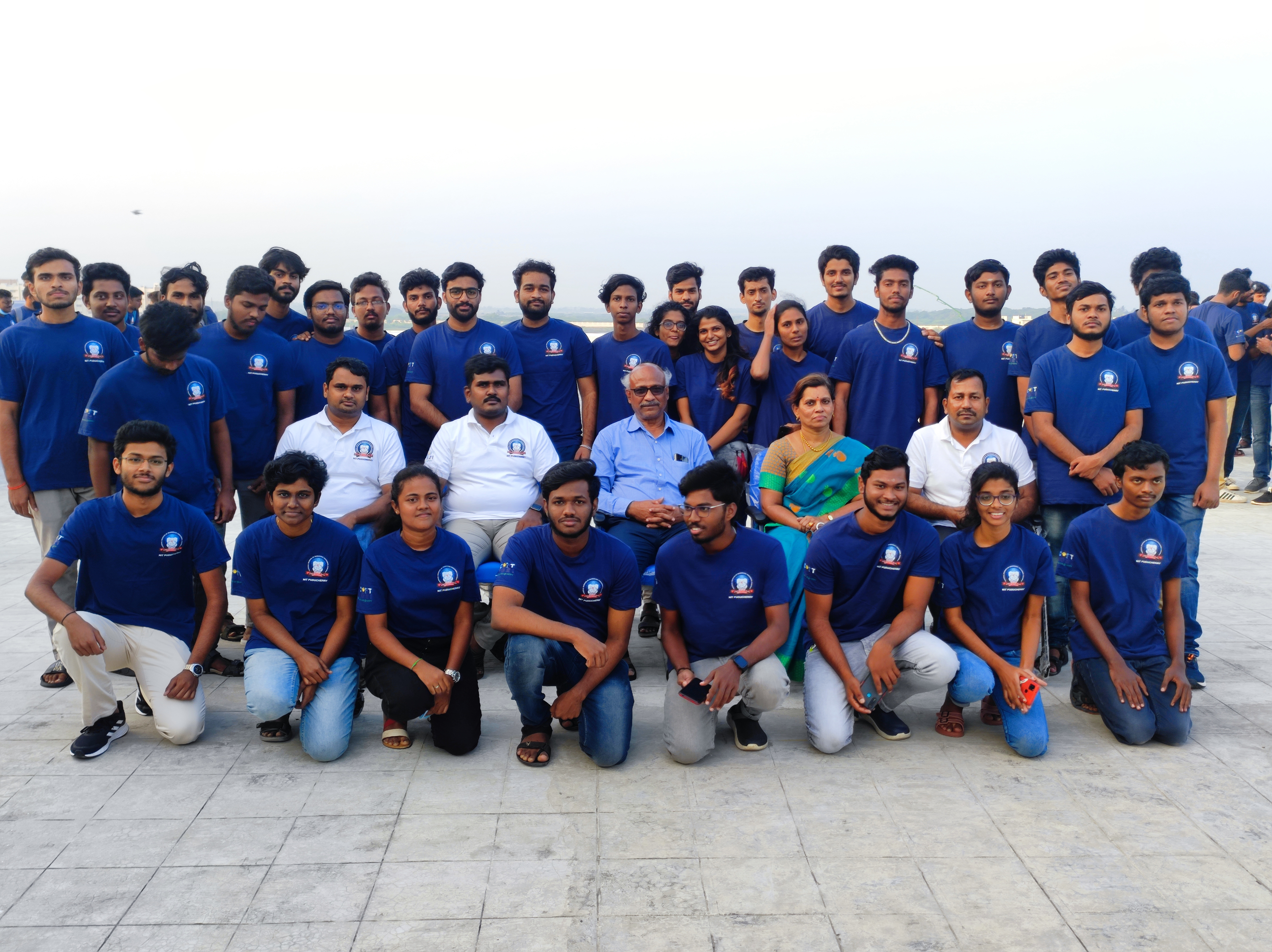About ICOFT2022
ICOFT 2022 is third in the series of conferences intended to be held every year in India, aimed to disseminate knowledge on the latest technological developments and cutting-edge research in Manufacturing, Automation, Design, and Energy (MADE) among academicians, researchers, scientists, industry personnel, and entrepreneurs across the globe.
This conference will provide the premier interdisciplinary forum relevant with Mechanical Engineering to discuss the recent technologies, innovations, recent research findings, challenges, solutions, and perspectives of the future directions of Mechanical Engineering in the field of Manufacturing, Automation, Design, and Energy through keynote lectures and paper presentations. Young researchers are encouraged to participate and utilize the opportunity to network with others who seek to develop their research abilities and experience.
Objective & Scope of ICOFT2022
The objective of the ICOFT 2022 is to provide a platform to perceive, share, and exchange the recent trends related to various aspects of Mechanical Engineering. The scope of this conference is multidisciplinary in Mechanical Engineering and invites original work to be presented in multiple streams of Manufacturing, Automation, Design, and Energy (MADE).
About NIT PUDUCHERRY
National Institute of Technology Puducherry (NIT Puducherry) is one of the 31st NIT Fraternity established in 2009 as a part of the Nation's Eleventh Five-Year Plan (2007 – 2012). It is officially recognized as an Institute of National Importance under the Ministry of Education, Government of India. The Institute is nestled in the coastal enclave of the Kaveri river basin in Karaikal, Union Territory of Puducherry. The campus is spread across 258 acres plot of land located near the village of Poovam and around 7 km from the city's heart. Currently, 61 faculty members and 31 non-teaching staff are employed for the overall strength of 939 students.
NIT Puducherry is committed to produce competent and responsible technocrats who can serve the nation on its journey to growth and prosperity. The Institute provides keen guidance to sculpt bright minds into professionally balanced individuals through expert and experienced faculty members and facilities. The Institute is constantly attempting to scale new heights by developing a synergy between academics, research, and practice. NIT Puducherry is ranked 136 under the Engineering Institutes category in the NIRF India Ranking 2021 released by the Ministry of Education, Government of India.
Mechanical Engineering Department
The Department was established in July 2014 with an Undergraduate Program and currently offers Postgraduate and Doctoral Program. New Education Policy (NEP) curriculum is implemented to ensure the core courses with the latest developments, social context, and environmental relevance of the present and future world. At present, 12 dedicated and competent faculty members with expertise in diverse domains of Mechanical Engineering such as Thermal and Fluid Sciences, Design, and Manufacturing. The specialization in the various fields of Mechanical Engineering such as Industry 4.0; Energy; Design Automation; New Materials and Manufacturing processes; Smart Manufacturing; Vehicle Dynamics; Liquid Spray characteristics; Computational Mechanics; Ergonomics; Welding; Vibrations contribute to the Department knowledge hub.
The Department is actively conducting various sponsored projects from the agencies or schemes such as DST-SERB, DST-INSPIRE, DST-UKIERI, ARTPARK, BRICS, and providing consultancy services to organizations such as ONGC, CPWD, and CPCB. The Department is in the pursuit of establishing world-class academic and research facilities and emerges as a prominent source of practical engineering knowledge.

